Head:
Wolfgang König
Coworkers:
Tejas Iyer, Elena Magnanini, Helia Shafigh, Mario Veshaj, César Zarco-Romero, Alexander Zass, Willem van Zuijlen
Team Assistant:
Christina van de Sand
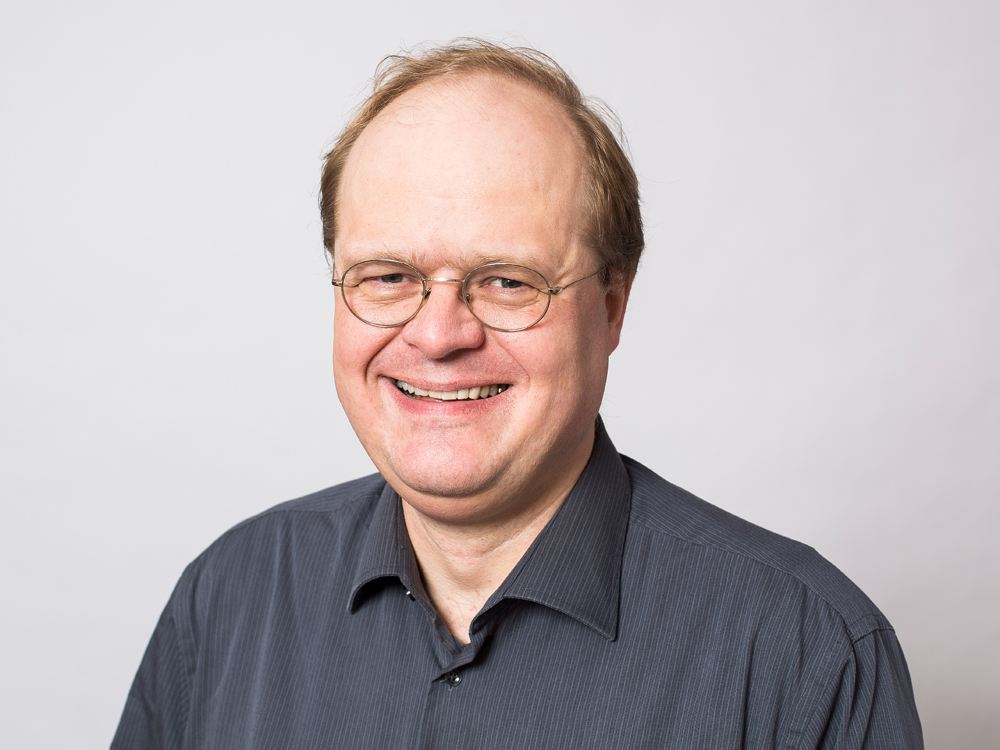
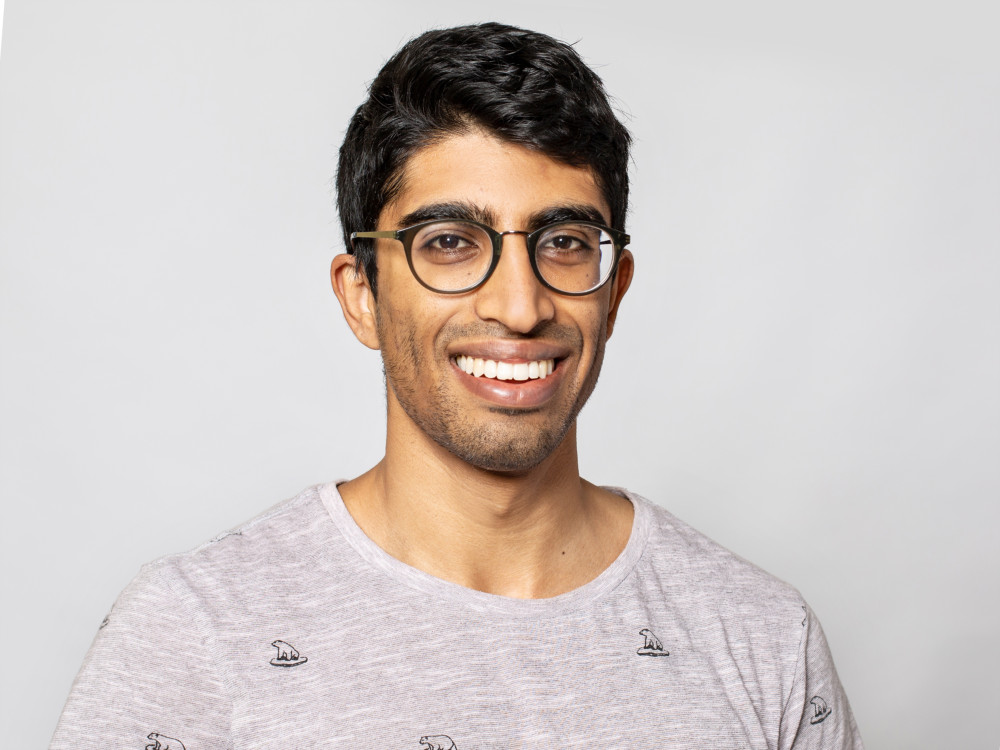
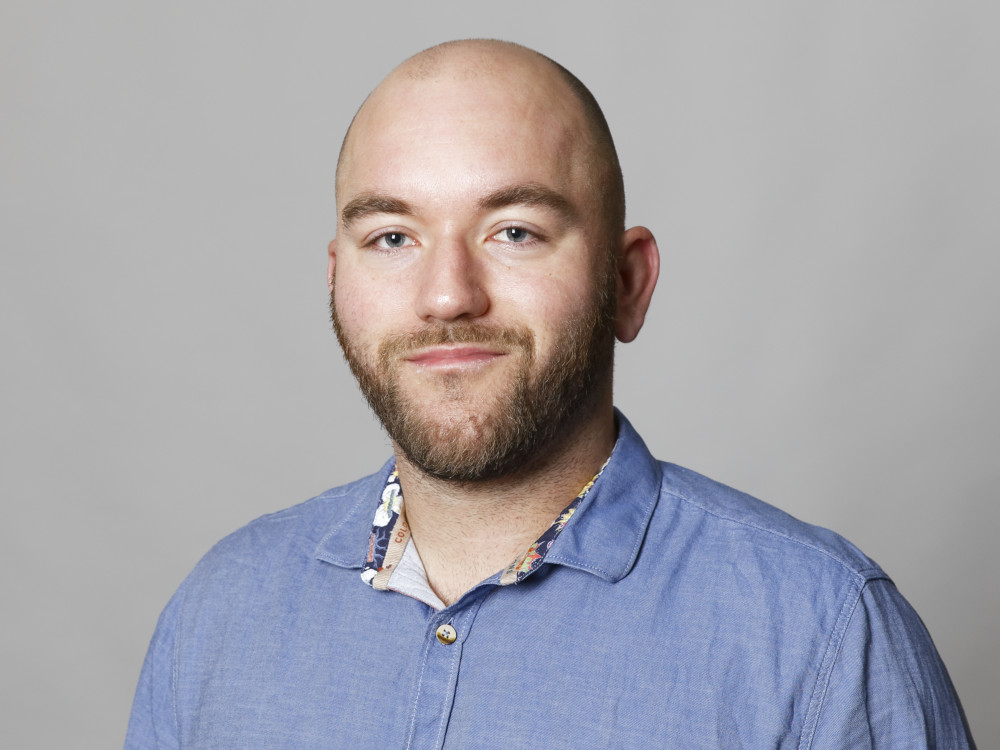
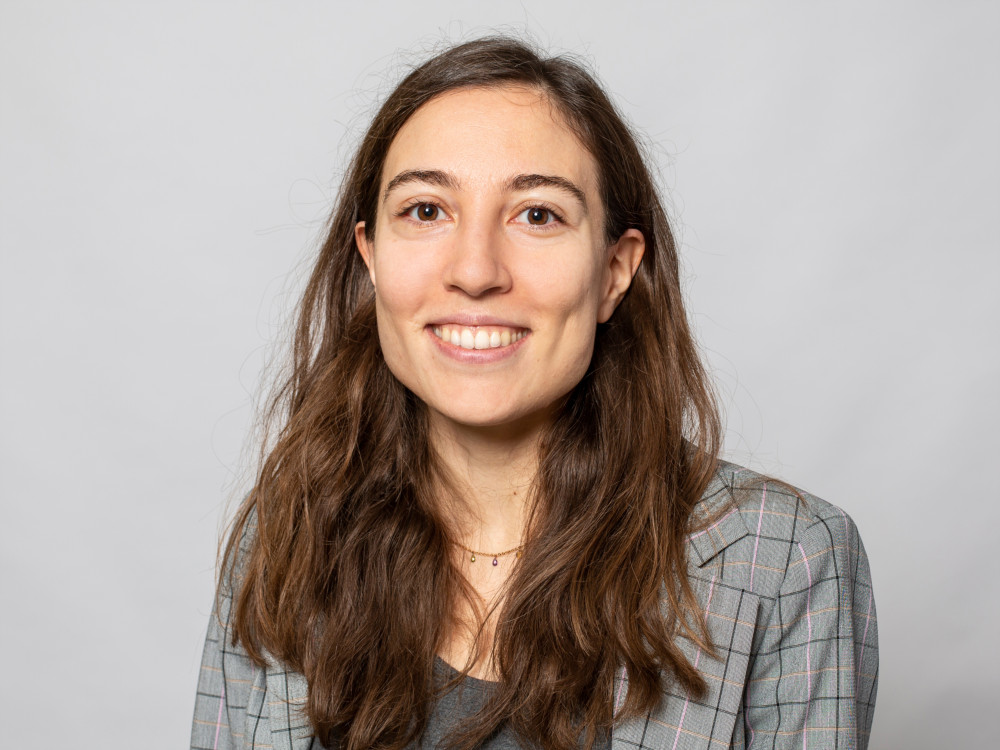
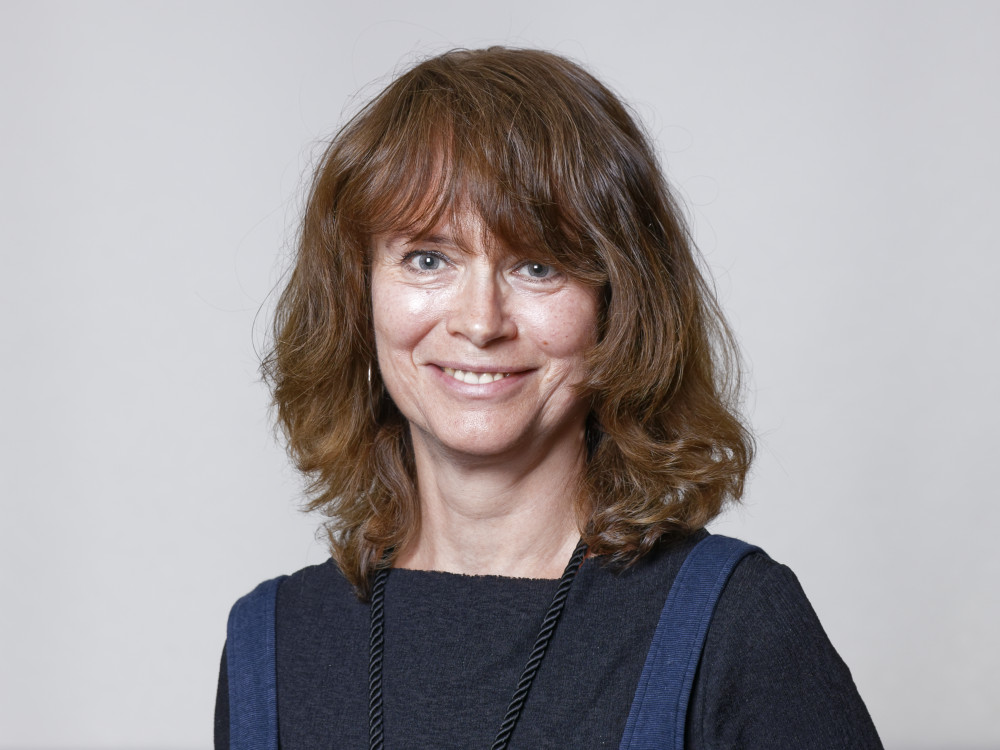

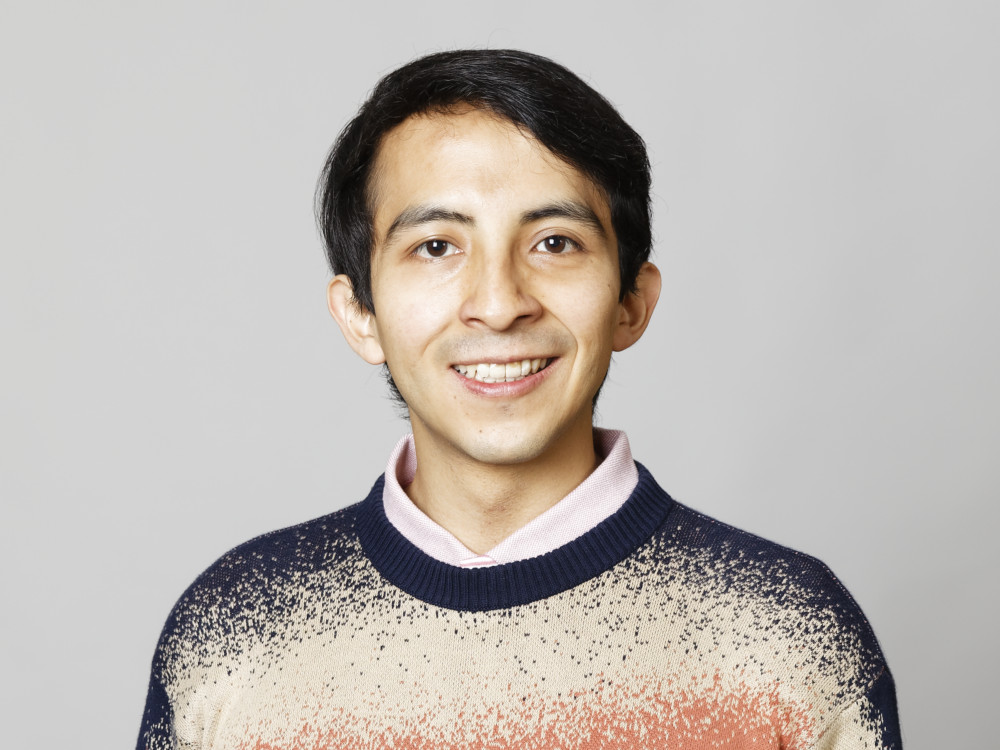
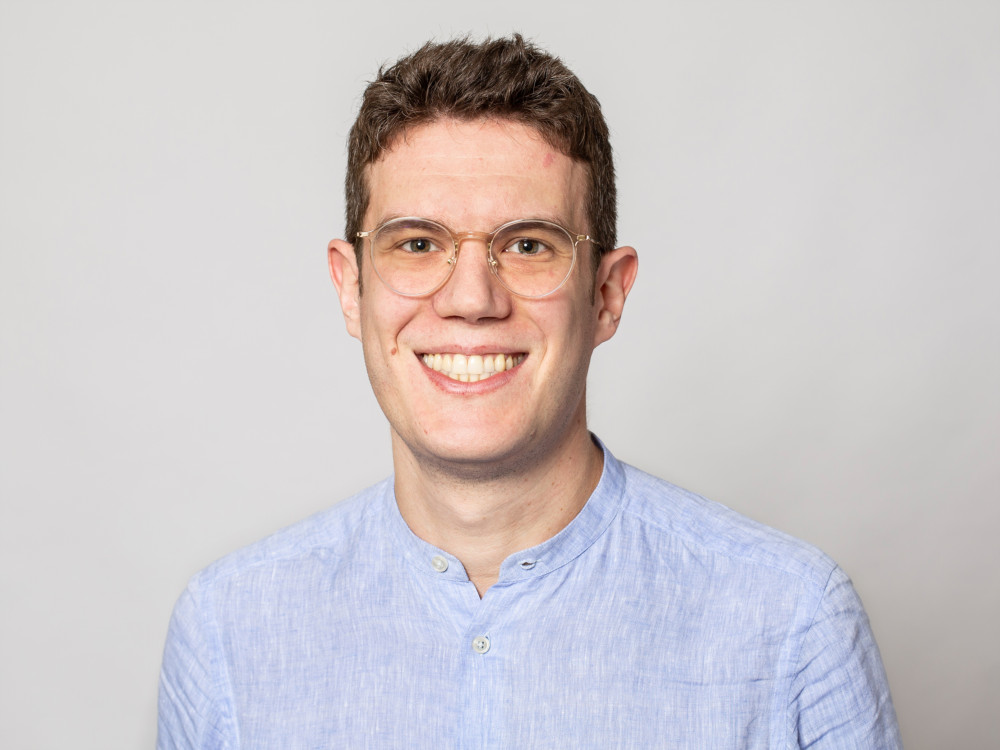
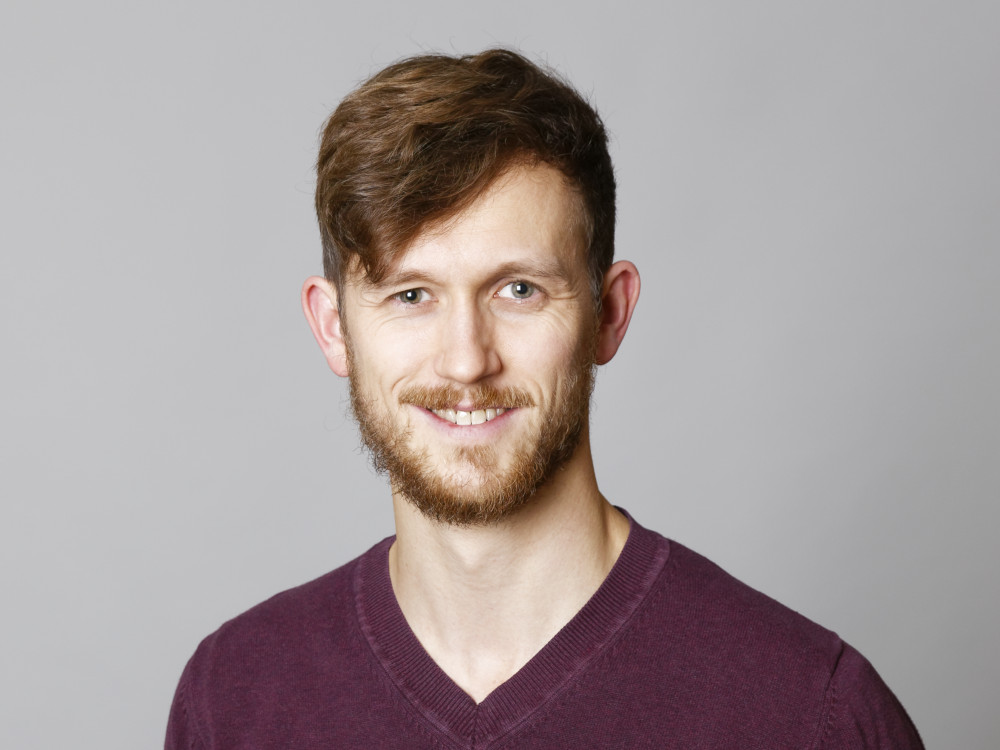
Wolfgang König
Coworkers:
Tejas Iyer, Elena Magnanini, Helia Shafigh, Mario Veshaj, César Zarco-Romero, Alexander Zass, Willem van Zuijlen
Team Assistant:
Christina van de Sand









From left to right: Wolfgang König, Tejas Iyer, Lukas Lüchtrath, Elena Magnanini, Christina van de Sand, Mario Veshaj, César Zarco-Romero, Alexander Zass, Willem van Zuijlen
Overview
The research group deals with the mathematical analysis of interacting random systems with a very large number of degrees of freedom. Examples come from statistical physics, chemical engineering, flow theory and materials science. The interactions are typically defined on a microscopic scale, and the macroscopic (sometimes also the mesoscopic) behavior of the system is described. The research group uses methods from asymptotic probability theory (large deviations, stochastic geometry, weak convergence of measures, combinatorics,...) and analysis (calculus of variations, Gamma convergence, spectral theory, partial differential equations,...).Topics (selection)
The group focuses on the field of tension between localized versus homogenized behavior of the eigenfunctions of random operators or random movements in random media, on questions of large deviations for large particle systems and their physical interpretation, and on various micro-macro phase transitions (e.g. condensation, gelation or crystallization) in many-body systems, or in particle systems with coagulation, or in spatially embedded random graphs. In the core topics of the group, the DFG priority program SPP2265 "Random Geometric Systems" was approved in March 2019 with two funding periods for 2020-26; the head of the research group is the coordinator of this SPP.Further activities
The group is also very active in the support of the exchange between mathematicians and the scientifically interested public, for instance by giving talks for school classes or for the public, or by editing books for the scientifically interested community. A particular highlight was the organisation of the 200th birthday of the Institute's eponym, Karl Weierstraß, another one the edition of the book ”Mathematics and Society”. Furthermore, the head of the group was in 2010-2019 the acting manager of the education centre in mathematics and the sciences INSPIRATA in Leipzig.Research Groups
- Partial Differential Equations
- Laser Dynamics
- Numerical Mathematics and Scientific Computing
- Nonlinear Optimization and Inverse Problems
- Interacting Random Systems
- Stochastic Algorithms and Nonparametric Statistics
- Thermodynamic Modeling and Analysis of Phase Transitions
- Nonsmooth Variational Problems and Operator Equations


